What it’s Like to be Rich-Poor (and Escape the Capitalist Trap)
By Rosalia Gitau, CEO of Bixie, a financial technology company committed to realizing financial freedom for women
I am a product of the Global South, infused with Western ambitions and aspirations. My mother was from the Philippines and my father was from Kenya and they both headed West to realize their ambitions. And they mostly came true. Until my mother was diagnosed with terminal cancer and the realities of 3 kids and two incomes soon becoming one income, led them to make a single investment decision that would change my life.
And so they imbued in me and my sister the need to invest in our education. To become professionals. To earn good wages. And I mostly followed suit: I pursued advanced degrees, enviable employment, tony addresses in cosmopolitan cities around the world. I even splurged on the occasional designer handbags and some annual holidays to places with stunning views.
As it turns out, there are 5 key forces far beyond our control and awareness that are driving us towards the vicious cycle of aspiration, labor and debt:
- The Wage Gap: women earn less than men to do the same job, all over the world.
- The Investment Gap: fewer than 1% of women globally invest, and this is regardless of education, income and nationality.
- The Singles Tax: this refers to the higher cost of living for single women as compared to their married counterparts. It may not be an official tax, but some experts estimate singles pay upwards of 25% in cost-per-living than their married counterparts.
- Inflation: Inflation means that the value of your cash is declining EVERY SINGLE DAY. Ever hear of the expression “Cash is Trash”? 71% of women keep their money in a bank account meaning we’re literally losing money every day!
- Capitalism: it’s in the name. It ain’t called Labourism for a reason. Capitalism favors capital; for example, income is taxed more than stocks. So if you have capital, you are on the winning team. If you have debt or labour, you’re, ahem, on the other team.
These forces, coupled with the fact that women live an average of 10 years longer than men, and WE ARE IN TROUBLE. However, hope is not lost. We hold 40% of global wealth and make 80% of purchasing decisions, so we have the capital necessary to turn it around. But to do so, we have to focus- and we have to band together.
 This is why I decided to build Bixie, to create a platform where women can band together with our collective market worth of $40 trillion dollars. Our network is our net worth, and my goal is to network women into a safe space where we can speak freely about money – from our goals to our pitfalls – and support one another to reach a place where we own our money rather than our money woes owning us.
This is why I decided to build Bixie, to create a platform where women can band together with our collective market worth of $40 trillion dollars. Our network is our net worth, and my goal is to network women into a safe space where we can speak freely about money – from our goals to our pitfalls – and support one another to reach a place where we own our money rather than our money woes owning us.